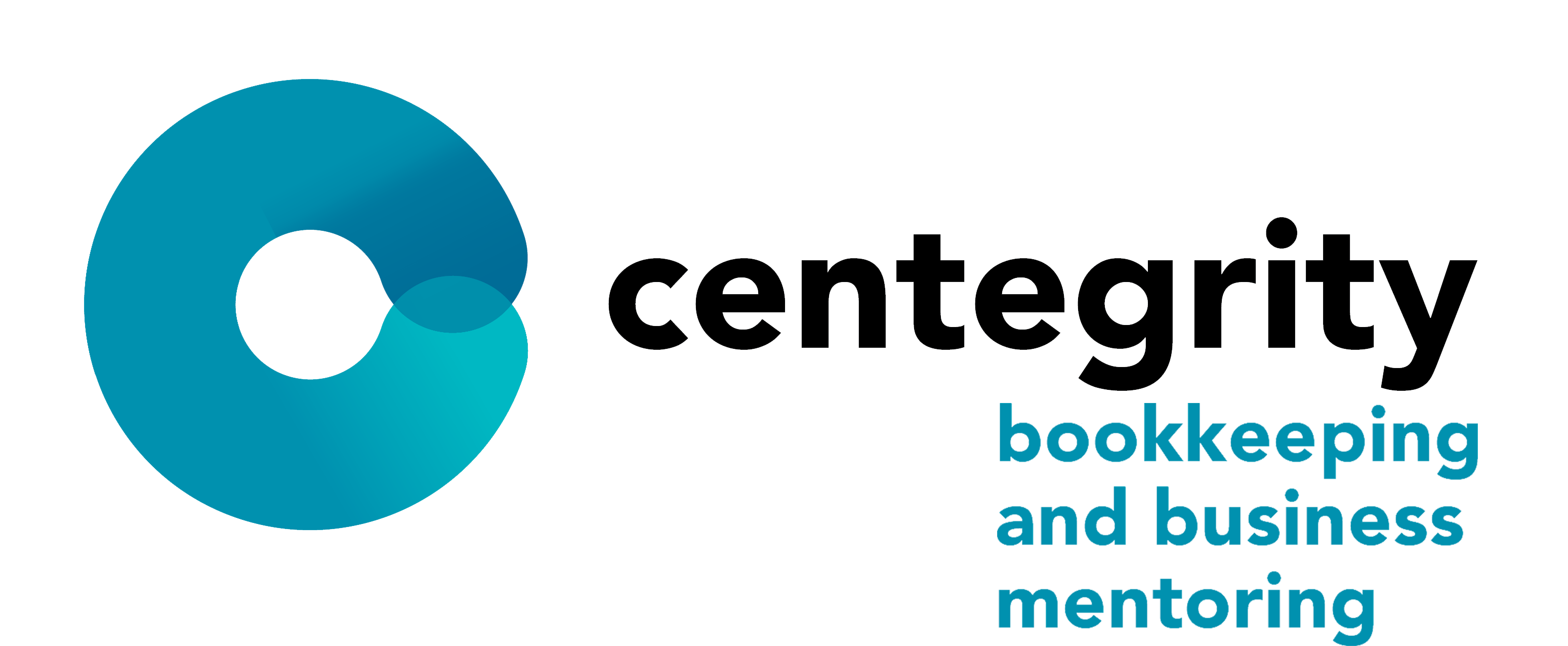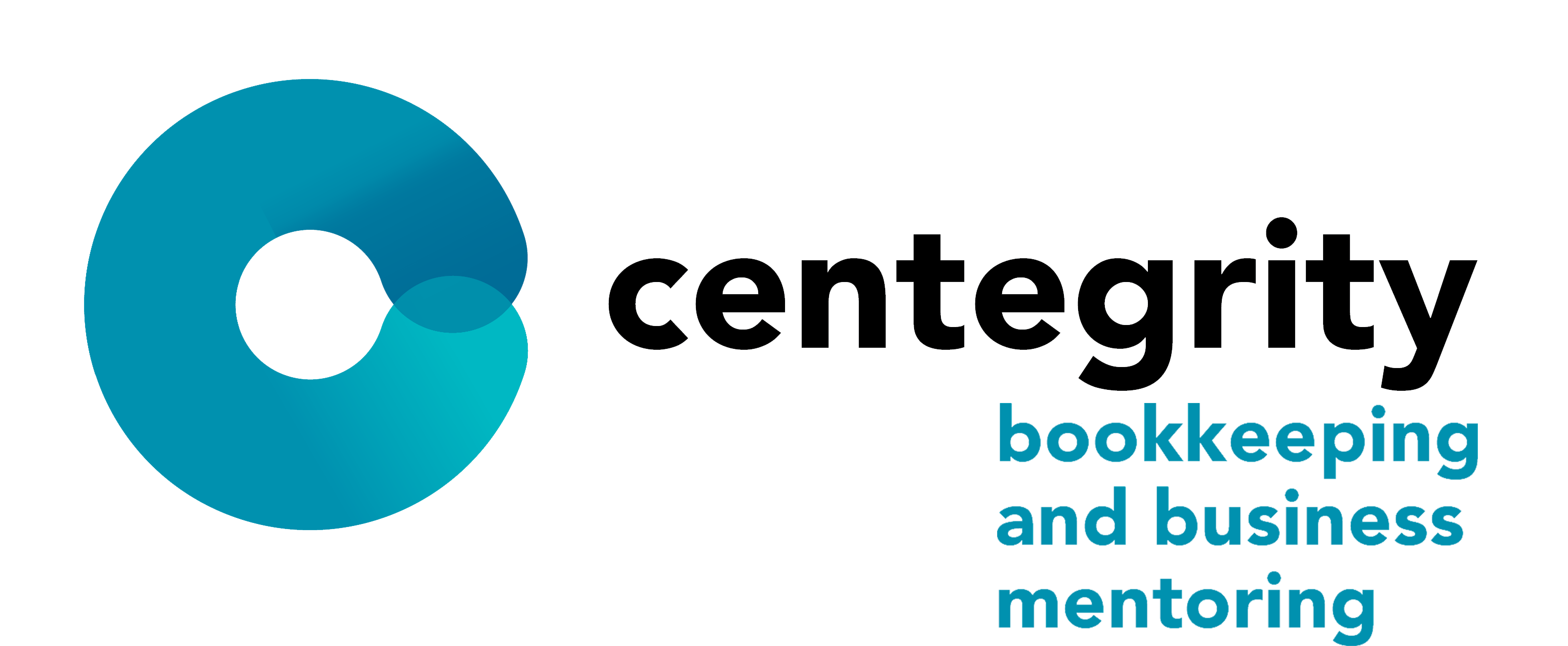When we read about data breaches and hackers, we tend to think of big companies.
But the harsh reality is that every small business has the potential to be hacked even more than a large company.
According to Norton, over 500,000 Australian small businesses fell victim to Cyber crime in 2017 with an average cost to each business being $4677 and over 25 hours in company downtime.
Most small businesses are simply not prepared for the consequences of a data breach or the downtime a hack can cause. The reality is that even a minor breach can potentially lead to fines and may even close down the company.
Do you have a clear understanding of how cyber attacks happen?
Do you know what you can do to prevent the risk?
Understand the Most Common Cybersecurity Threats
Just as technology is always evolving and improving, so too are the risks of cyber attacks.
When you have a better understanding of the typical ways hacks occur, you are better prepared to avoid and overcome them. Here are the four most common types of cybersecurity risks that business owners should be aware of.
1) Malware
Malware (short for malicious software) is an umbrella term that refers to software intentionally designed to cause damage to a computer or computer network. Malware usually includes viruses and ransomware.
2) Viruses
Viruses are harmful programs intended to spread from computer to computer (and can also affect other connected devices such as tablets and phones). Viruses are usually designed to give cyber criminals access to your system to obtain valuable data.
3) Ransomware
Ransomware is a type of malware that infects and then restricts access to a computer until a ransom is paid. Ransomware is usually delivered through phishing emails and exploits any unpatched vulnerabilities in software.
4) Phishing
Phishing is a type of cyber attack that uses email or a malicious website to infect your machine with malware or collect your sensitive information. Phishing emails appear as though they’ve been sent from a legitimate organisation or a person you know. These emails often try to get users to click on a link or open an attachment containing malicious code. After the code runs, your computer can become infected with malware.
How To Reduce The Risk of Cyber Attacks
While it is impossible to know when and how hackers will try to access your system, there are a lot of small actions you can take to reduce the risks.
A lot of the risks can be reduced through awareness and good habits with regards to your company’s computers.
Here are three ways to be prepared and avoid cybersecurity breaches and hacks.
1) Create Stronger Passwords
As Jaya Baloo taught at Xerocon this year, ‘the road to hell is paved with bad passwords.’
Most people use passwords that are based on personal information and easy to remember.
However, that also makes it easier for a hacker to crack them.
When it comes to setting your password, make sure to include upper and lowercase letters, numbers, and special characters. Avoid common phrases, famous quotations, and song lyrics.
Remember to change passwords often, don’t share them with people you don’t know, and don’t write them down and leave them lying around.
2) Train Your Employees
Just because you have hardworking employees, remember that they are not cybersecurity experts.
Even if you have technical support staff in place, your employees can accidentally cause breaches if you don’t train them appropriately.
Making sure that employees understand how to use company computers and (if necessary) the penalties for failing to follow security protocols. When a new person starts, explain the security protocol.
One key point is to advise your employees to avoid posting sensitive information on social networking sites. This information can be shared easily and fall into the wrong hands.
3) Backup & Update
Most cybersecurity threats happen because of out-of-date software. All business software have constant updates, and it is wise to make sure you update as soon as patches are available.
To reduce the risk of loss, backing up word processing documents, electronic spreadsheets, databases, financial files, human resources files, and accounts receivable/payable files is a good idea.
You can keep copies of most documents in the cloud, but make sure that any hard drive backups are stored in a separate location (i.e., not on the same server). To ensure that you will have the latest backup if you ever need it, check your backup regularly to ensure that it is functioning correctly.
While you can’t spend all your time worrying about cyber attacks, the better you can prepare, the more peace of mind you will have. Know the risks and the reality of modern hacking, and you are less likely to have to deal with losses.
Centegrity has over 13 years of experience helping businesses with bookkeeping and business mentoring. If you need assistance don’t hesitate to contact us or fill in the form below.

